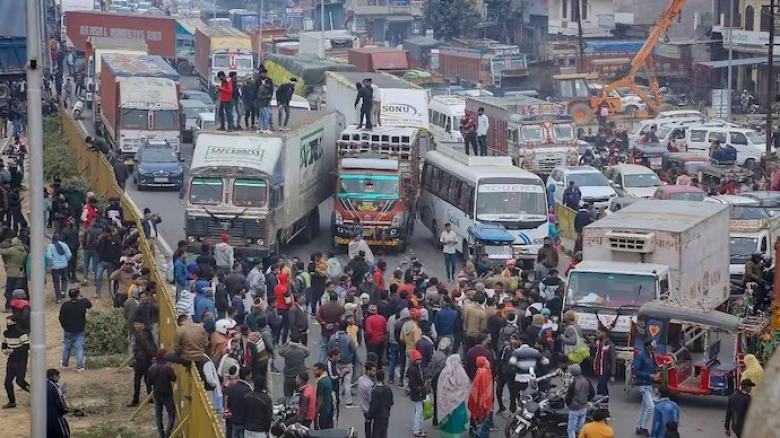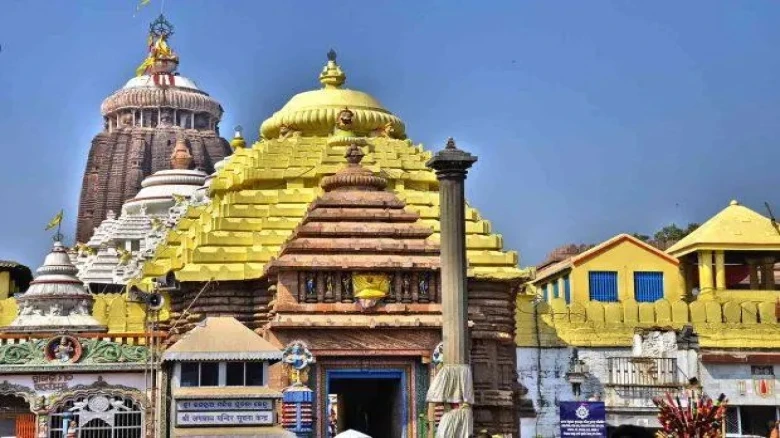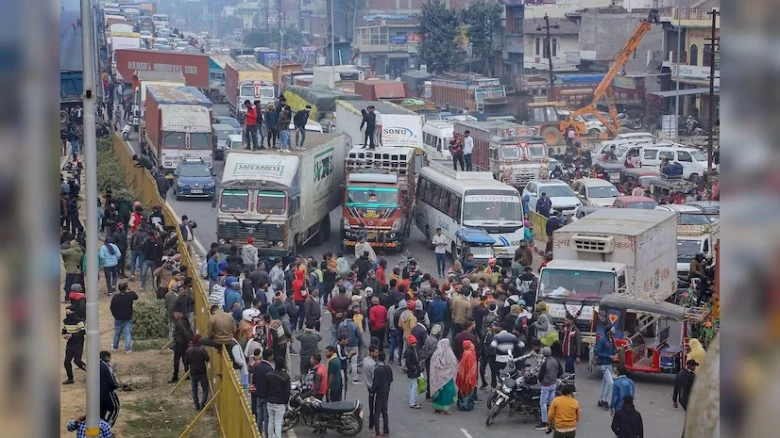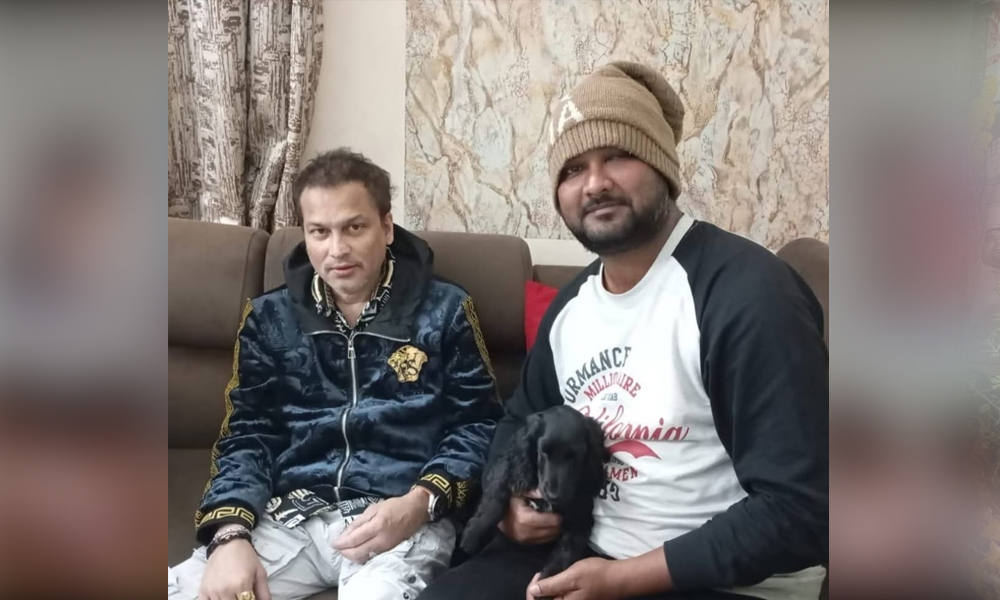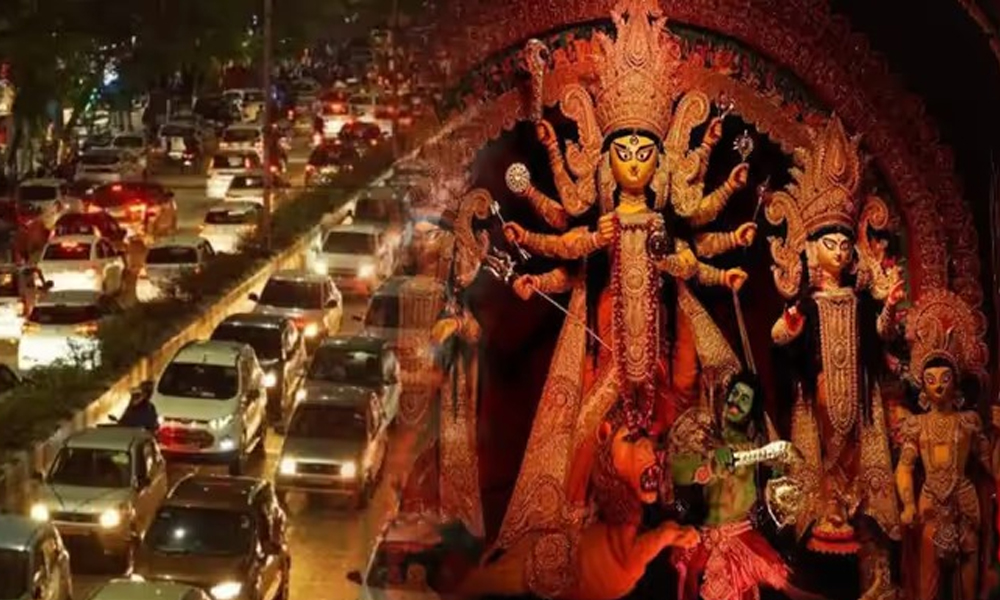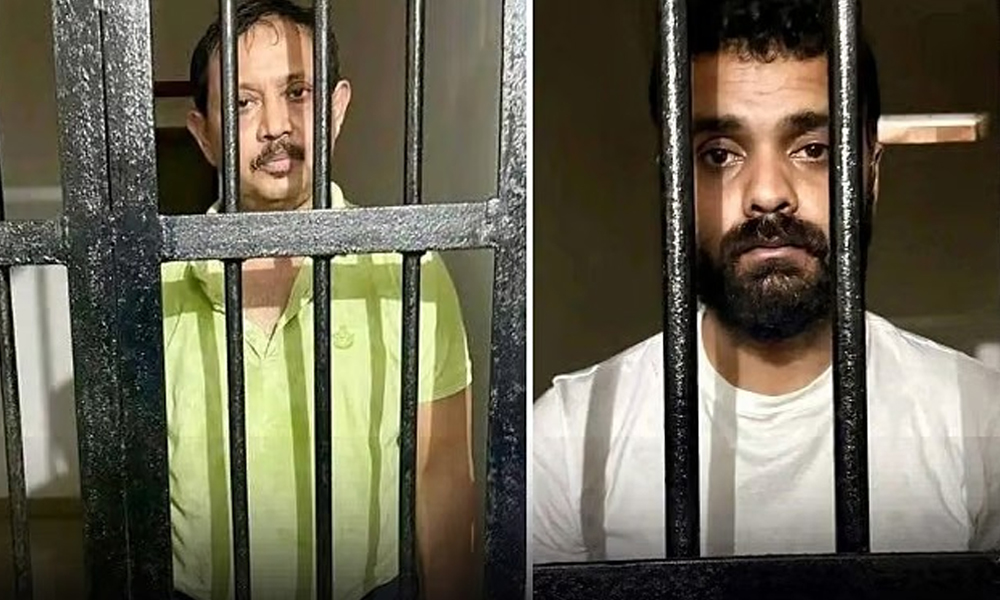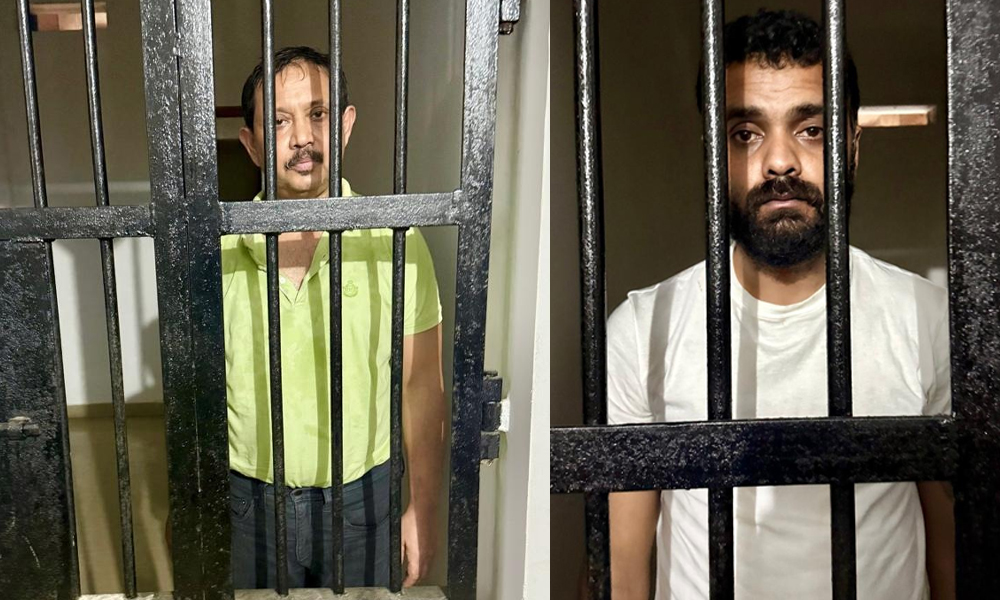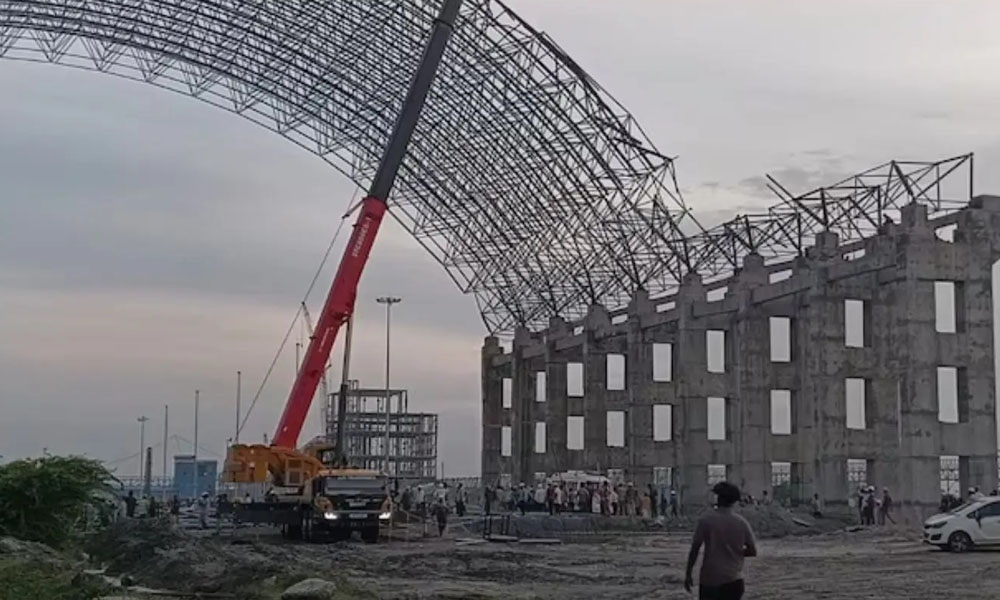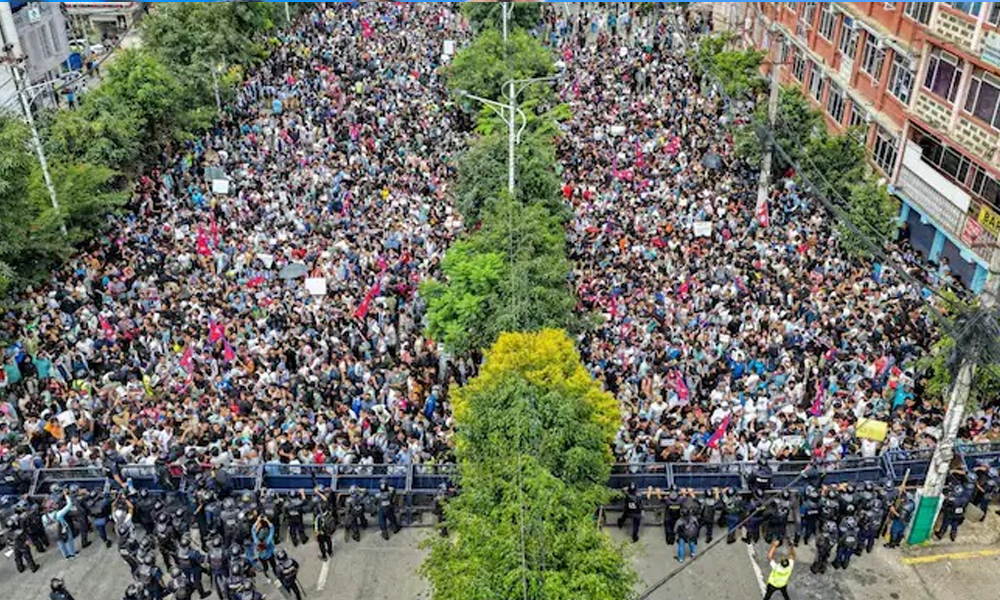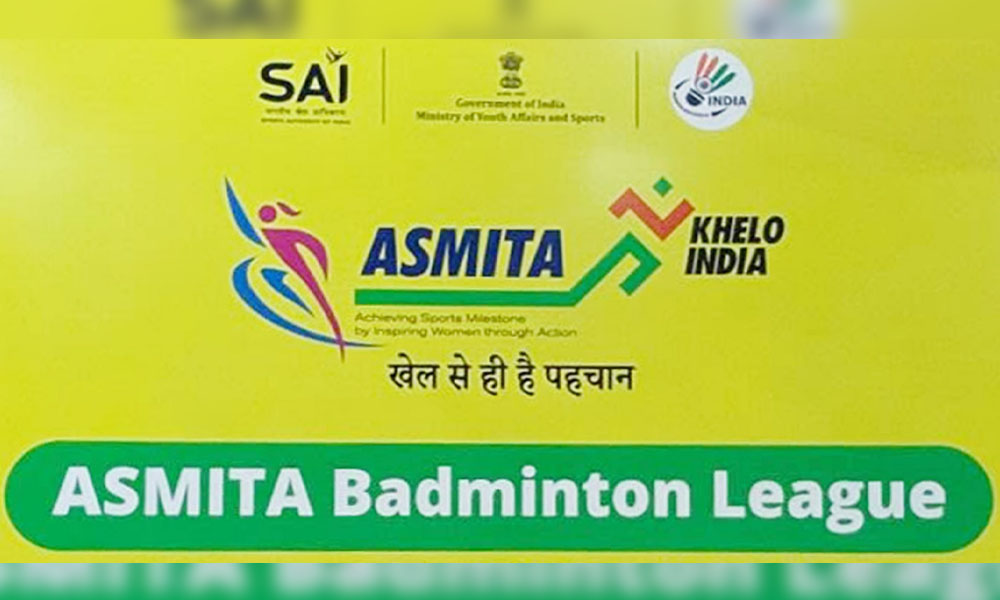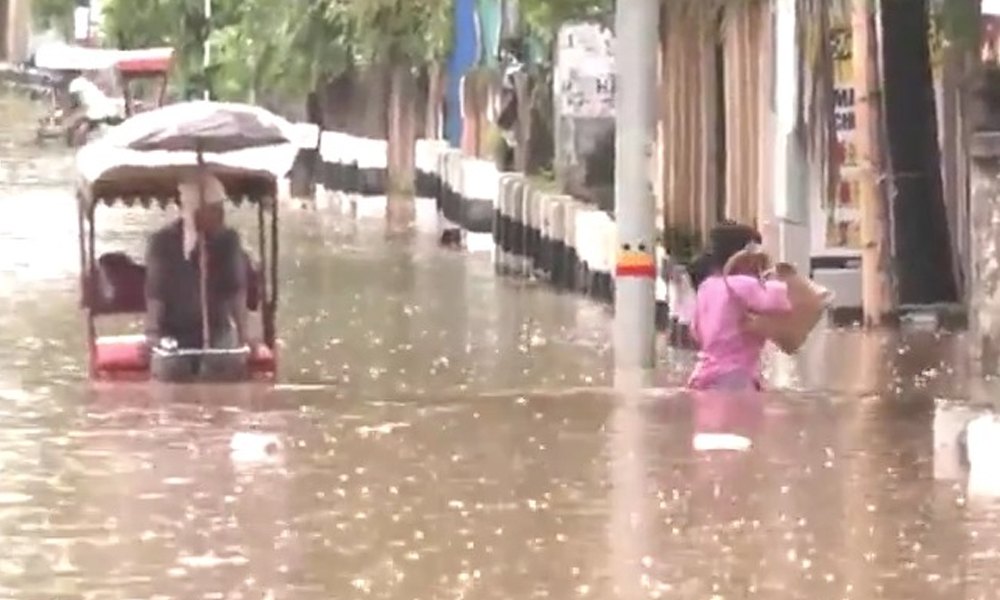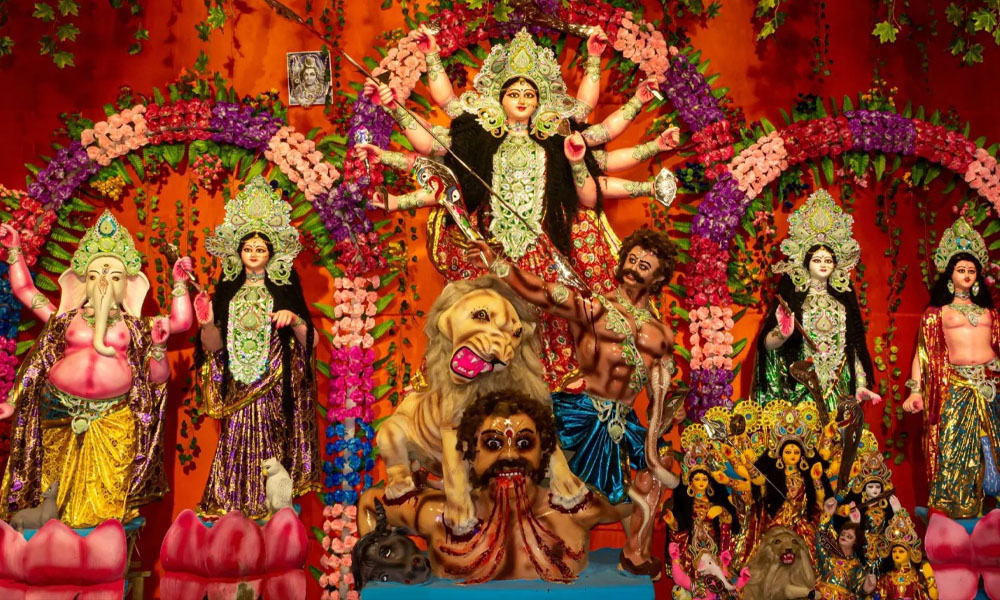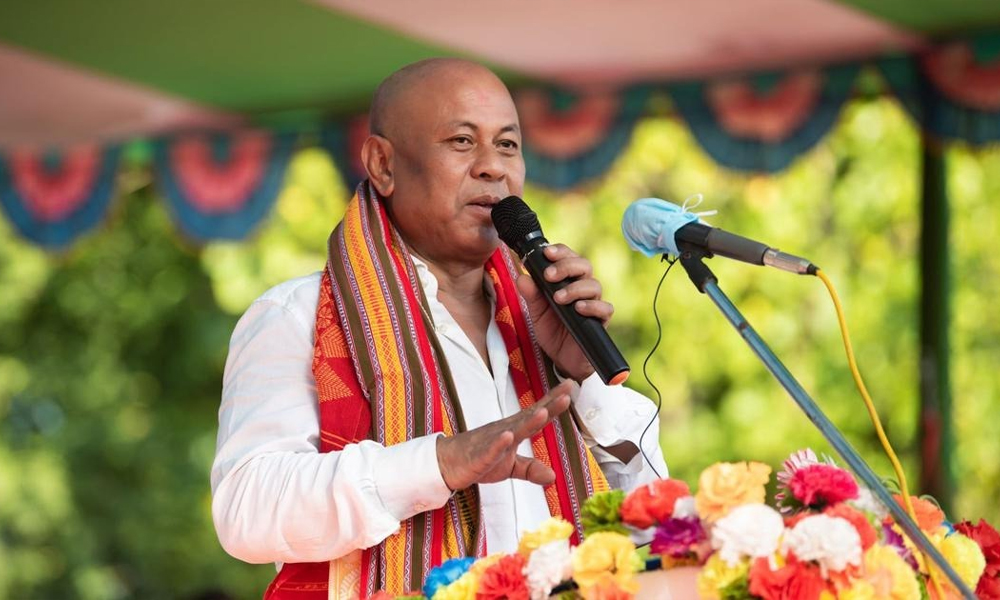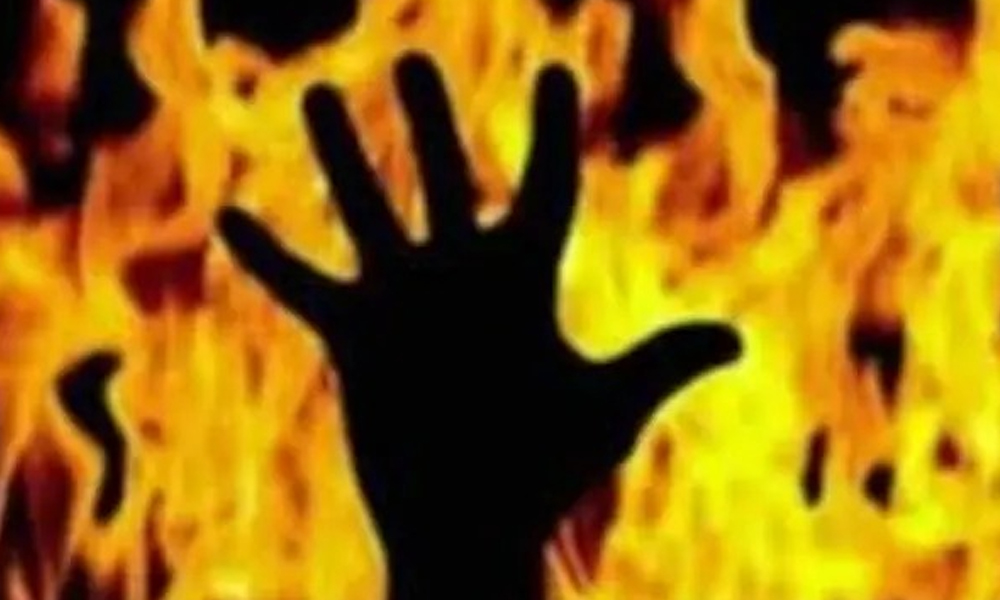The recently enacted law, replacing the outdated Indian Penal Code, imposes severe penalties on drivers...
Digital Desk: The nationwide transportation strike, now entering its second day, has sent shockwaves across the country, causing long queues at petrol pumps due to disrupted fuel supplies. The three-day strike, initiated by truck, bus, and tanker drivers, aims to protest against the newly implemented Bharatiya Nyay Sanhita (BNS) and its stringent regulations for hit-and-run cases.
The recently enacted law, replacing the outdated Indian Penal Code, imposes severe penalties on drivers involved in hit-and-run incidents.
Offenders who cause a serious road accident through negligent driving and flee without reporting to the authorities can now face up to 10 years in prison or a hefty fine of Rs 7 lakh. The law also stipulates imprisonment for those found guilty of causing death through rash or negligent acts.
Private transport operators, including truck, bus, and tanker drivers, argue that these regulations discourage drivers and may result in unjust punishments. Concerns are raised about the potential for drivers to face mob violence while attempting to transport the injured to hospitals.
Rajendra Kapoor, the President of the All India Motor & Goods Transport Association, emphasized the lack of consultation with stakeholders before implementing the law, demanding discussions and prior meetings to address the grievances.
As the strike unfolds, its impact reverberates across various states, including Gujarat, Rajasthan, Maharashtra, and Madhya Pradesh. Protestors have strategically blockaded roads and highways, disrupting the movement of vehicles and affecting fuel supply chains. In Madhya Pradesh alone, nearly five lakh vehicles are reported to be immobilized due to the strike.
The ripple effect is evident as lengthy queues form at petrol pumps across states like Himachal Pradesh and Maharashtra.
Protesters have actively obstructed highways in multiple districts of Gujarat, including Kheda, Valsad, Gir Somnath, Bharuch, and Mehsana. By parking vehicles and setting up blockades, they aim to draw attention to their demands and express discontent with the sudden implementation of the new law.
Amidst the chaos, the drivers stress the need for open dialogues with the government to address their concerns. President Kapoor asserts that the decision should have involved consultations with stakeholders, emphasizing the lack of prior discussions that have contributed to a misleading situation where people are not fully aware of the implications of the new law.
As the strike progresses, the nation watches closely, waiting to see how the government responds to the drivers' demands and whether a resolution can be reached to alleviate the concerns surrounding the Bharatiya Nyay Sanhita.

